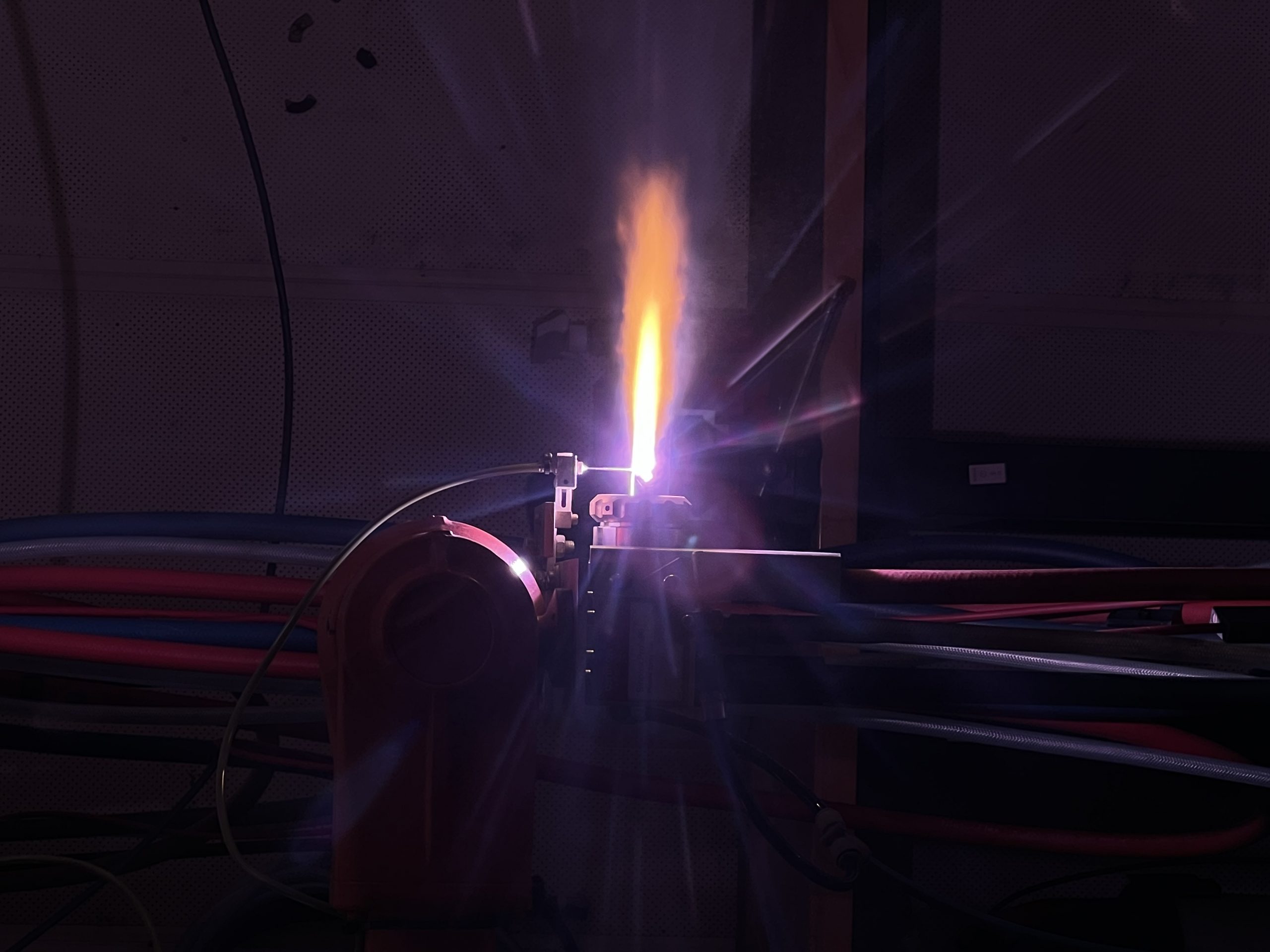EVENT DETAILS
Synopsis
Although renewable energy production via of biomass combustion in boilers has been growing, some challenges are inevitable. Slag deposition and high-temperature corrosion are serious issues that reduce boiler efficiency and deteriorate boiler components. To mitigate these issues, the use of protective coatings offers an effective solution.
The new desired coatings to address the challenges must be capable of reducing slagging deposition and corrosion attack from biomass combustion. Such coatings are generally fabricated by a slurry spray method. However, this approach can be time-consuming and imposes challenges for coating consistency deposited in-situ. To overcome these issues, thermal spray enables a rapid approach to produce bespoke coatings for various applications including to provide protection for boilers. A process such as liquid thermal spray offers the ability to tailor microstructures of ceramic coatings to provide superhydrophobicity, which may potentially minimise both slag deposition and corrosion. Thus, this Ph.D. study mainly aims to implement the benefit of thermal spray to create new generation boiler coatings that provide surface functionalities including slag deposition and corrosion resistance to prolong the life span of the boiler components and improve their performance. After four years of Ph.D. journey, four types of ceramic coatings were developed in this study by both conventional slurry spray and thermal spray methods. An in-house apparatus was designed and prototyped to evaluate performance of coatings in simulated boiler environments.
About the speaker
Kritkasem (Kris) Khantisopon completed a Bachelor of Science majoring in Materials Science from Chulalongkorn University (Bangkok, Thailand). He has a passionate interest in materials used in extreme environments. During his undergraduate study, he worked on synthesising boron carbide, the third hardest material on earth, from sucrose and boric acid using a hydrothermal method. He also obtained the opportunity to do a summer internship at the University of Novi Sad, Serbia via the International Association for the Exchange of Students for Technical Experience (IAESTE). Kris joined SEAM and collaborated with SCG Chemicals (Thailand) to develop new generation coatings to address slag deposition and high-temperature corrosion problems in boilers.
PRESENTED BY:
Kritkasem (Kris) Khantisopon
DATE
11 July 2024
TIME
1:00 pm - 3:00 pm (GMT+10)
Convert to Local Time
LOCATION
EN313, SUT Hawthorn | https://swinburne.zoom.us/j/89045993940 Room: EN313 Level 3, or online: https://swinburne.zoom.us/j/89045993940
Engineering Building
Swinburne University of Technology
Hawthorn VIC


